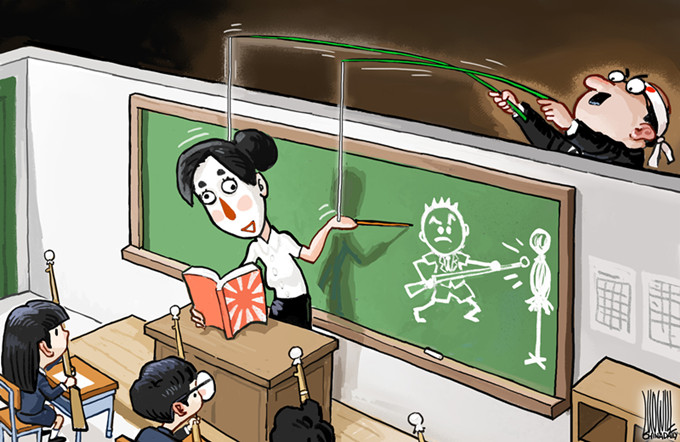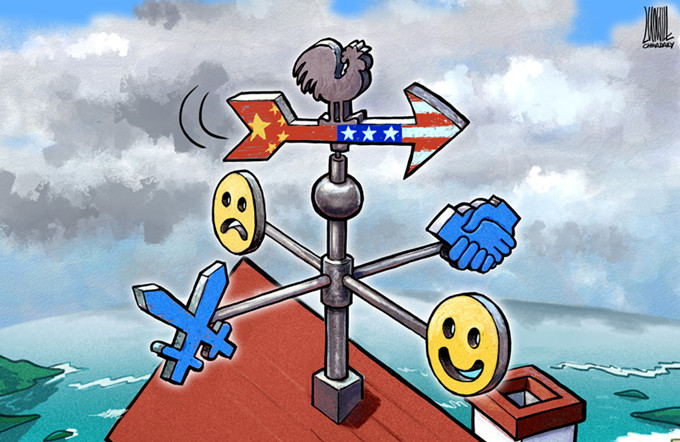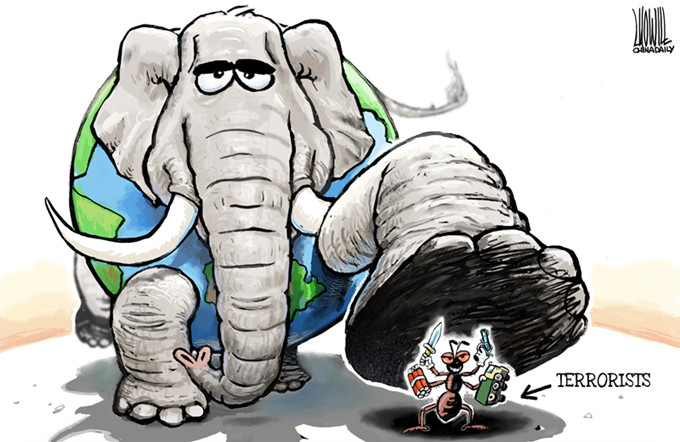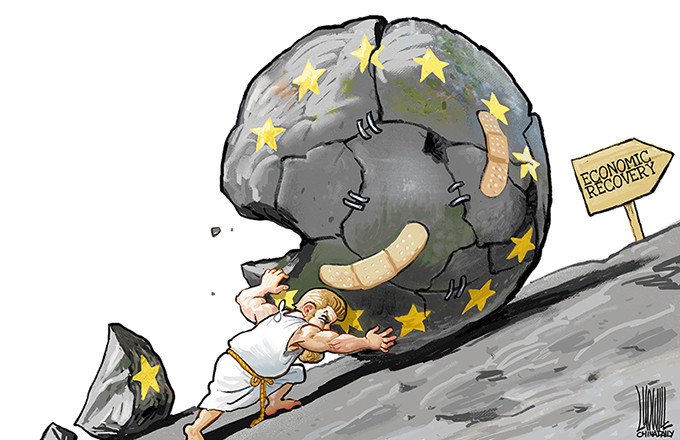Challenges for administration
Necessary transformation of the government's functions will require courage and determination to push forward reform
Besides positively affirming the progress achieved by reform and opening-up in the past three decades, Premier Li Keqiang has said the reform is now entering a crucial stage, which means there will be more difficulties ahead.
Li said administrative reform is not merely a reduction in the size of government, but reform that prioritizes the transformation of its functions. He has called for decentralizing power over the market, society and local authorities by decreasing government intervention.
The transformation of government functions is a guarantee for developing a market-oriented economy under rule of law. China's new leadership has made such a transformation a key issue, with reform of the administrative approval system as one of the necessary breakthroughs.
Chi Fulin, president of the China Institute for Development and Reform said there are too many administrative examinations and approvals in the current system, which is cumbersome and inefficient and leaves room for corruption. So greater efforts to further promote administrative reform are urgently needed.
Since 1998 the central government has constantly highlighted the need for administrative reform, with the consistent guideline of reducing or transferring administrative approval items to local government and promoting the initiatives of the market, enterprises, social organizations and individuals. The fundamental objective of administrative reform is to make the government a service provider, as a smaller government and bigger market will stimulate greater development vigor and creativity and help create more jobs.
However, reform of the administrative approval system still lags behind the real needs of social and economic development and people's expectations. In particular, some approval items are too complicated and some non-administrative approval items lack standardization and are randomly managed, while in the approval process there are usually multiple levels with overlapping functions in the administrative examinations. Moreover, there is no effective supervisory mechanism to prevent corruption.



















